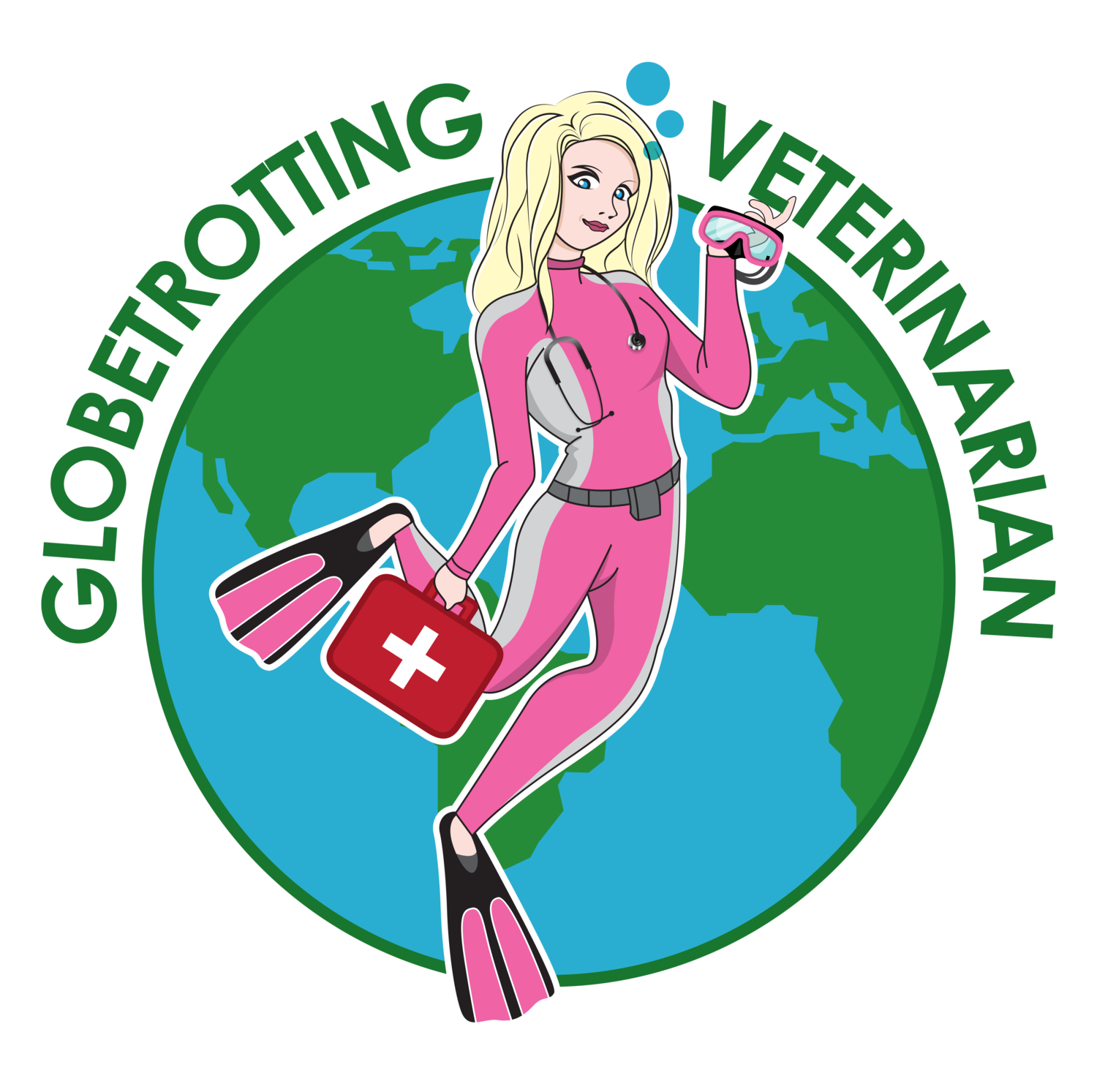Published: Scalpel, January 2012, Volume 28 #1
c/o Toronto Academy of Veterinary Medicine
NO MEAT FOR ME, PLEASE, I'M A STRICTLY VEGAN CAT
Toronto Star, Tuesday Dec. 6th, 2011
Sarah-Taïssir Bencharif Mishu is a 7-year-old cat who isn’t chowing down on fish or mice. He’s vegan. His owner, Marco Pagliarulo, 41, stopped eating meat and fowl about 15 years ago. Nine years later, he added fish to his no-eat list. Eventually, he became vegan, cutting out all animal products, including eggs and milk. So after adopting Mishu, in March 2010, Pagliarulo considered veganism for his feline friend, too.
“I don’t want to kill other animals to feed Mishu when I can just allow all of them to live,” says Pagliarulo. While Pagliarulo’s veterinarian was hesitant about the cat’s new diet, Pagliarulo did his own research and found meatless options out there.
“I feed him two brands of nutritionally complete vegan cat foods,” says Pagliarulo. “I do not feed him my human food.” One brand Ami Cat, which is imported from Italy, sells for around $28 for a 2 kilogram bag online and is available in select vegan bakeries and pet shops in Toronto, including both Timmie Doggie Outfitters 1178 Queen St. E. and 867 Queen St. W. and the Vegan Danish Bakery, 7718 Yonge St. in Thornhill.
Ami Cat’s ingredients includes corn, peas, and rice and potato protein. It has added vitamins and nutrients to make it digestible.
“He is healthy — the same as he was before being vegan,” says Pagliarulo adding his feline now prefers his vegan food to his old food. Most vegans cite environmental or ethical reasons or not consuming animal products. But deciding whether pets can and should go vegan is a controversial question even in the vegan community.
Biologists classify cats as carnivores. Cats need protein to live, but not all protein is equal: while they can break down animal protein, they don’t have the digestive enzymes to break down plant protein, says Erika Sullivan, a veterinarian at Baker Animal Clinic in Whitby.
“They need (their nutrients) directly from meat. I am a vegan. This is the one time I do promote eating meat,” says the veterinarian who feeds meat to her two cats. Unlike cats, dogs can adapt to a vegan diet because they are omnivores like humans. They can digest plant and animal protein, Sullivan explains. It comes down to what cats would do in the wild, she says. “They will never jump on a stalk of corn.”
But not everyone agrees with that carnivore classification. Since 1986, James Peden, 69, has been developing vegan alternatives to commercial pet food. When he started, “there was no evidence that cats could go vegetarian,” he says. The longtime vegetarian worked with scientists and veterinarians to develop supplements to add to home-cooked vegan cat and dog food to make it nutritionally complete and digestible. Some of these nutrients come from seaweed and other plants, while others come from a modified brewer’s yeast. Peden’s Montana-based company, Harbingers of a New Age, at www.vegepet.com, has a steady international clientele. A three month supply of VegeCat for example is about $25.
There are few studies on animal nutrition and many veterinarians have limited training in the area, says Sullivan, adding nutrition was an optional rotation at Ontario Veterinary College in Guelph in 2005 when she graduated. However, animal nutrition is now on the radar. In December, Dr. Adronie Verbrugghe begins her appointment as chair in clinical nutrition at the Ontario Veterinary College.
Though Mishu’s diet is controversial to some, Pagliarulo is confident about the switch. “Unless your cat is living outside in Egypt and is hunting rodents and insects, there’s nothing natural about your cat’s life at all.”
